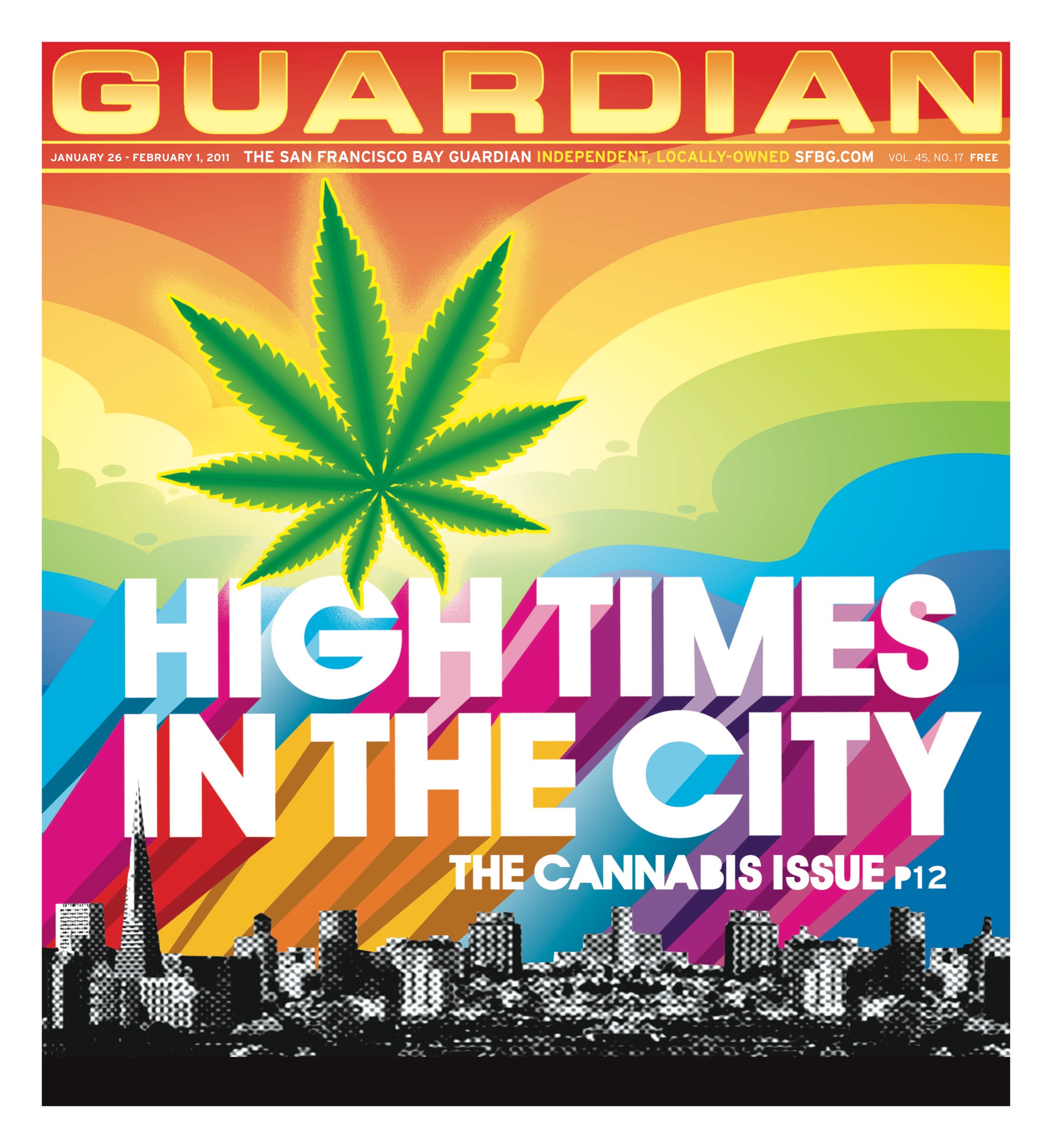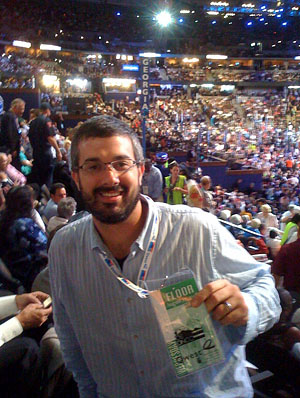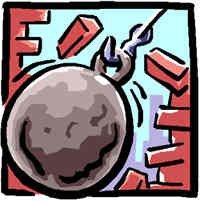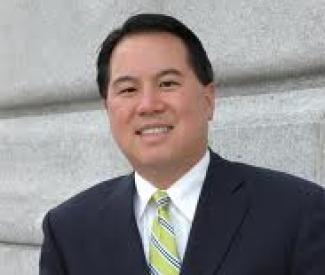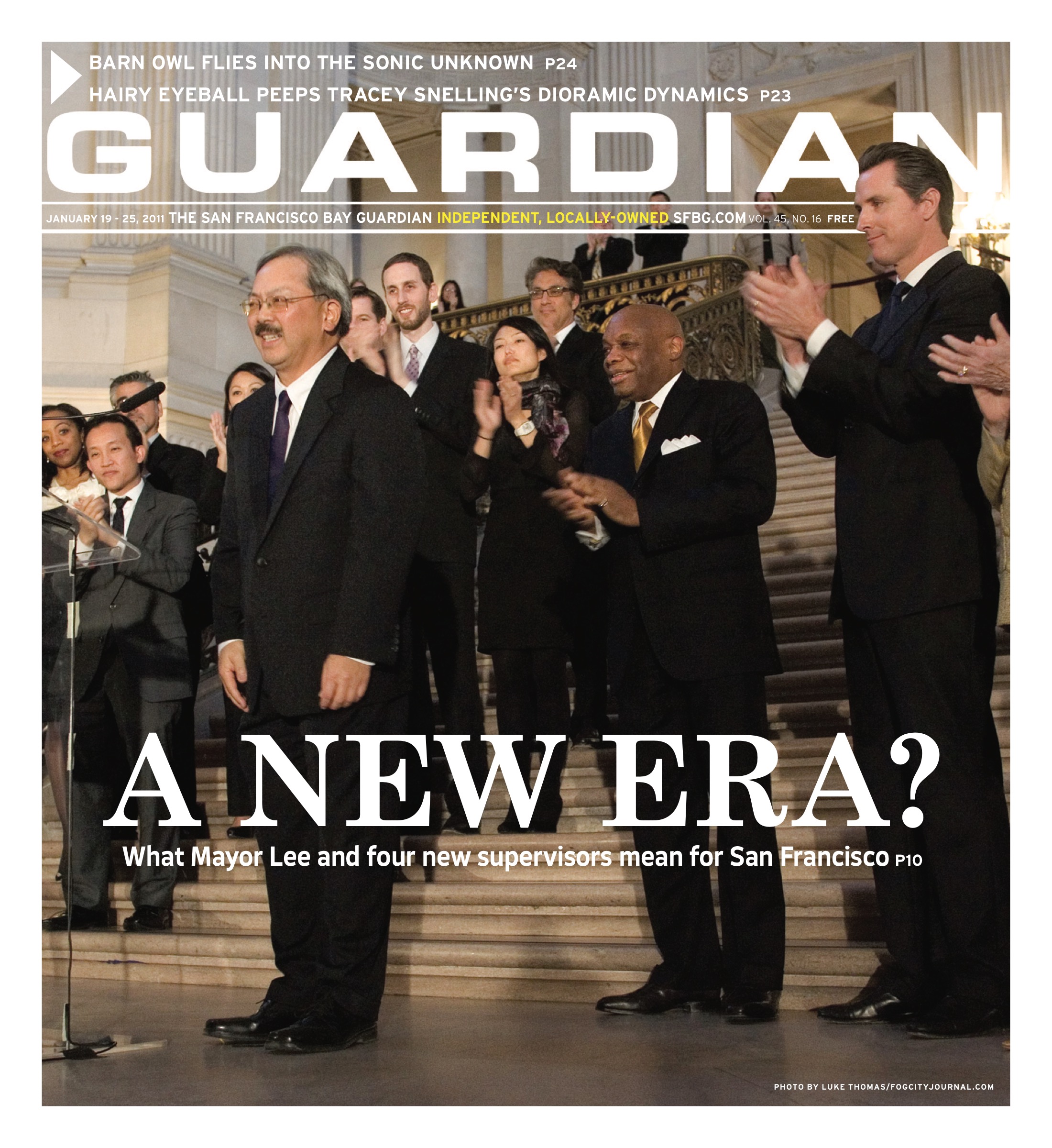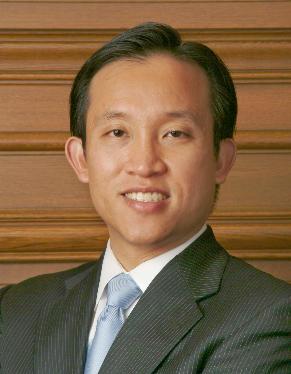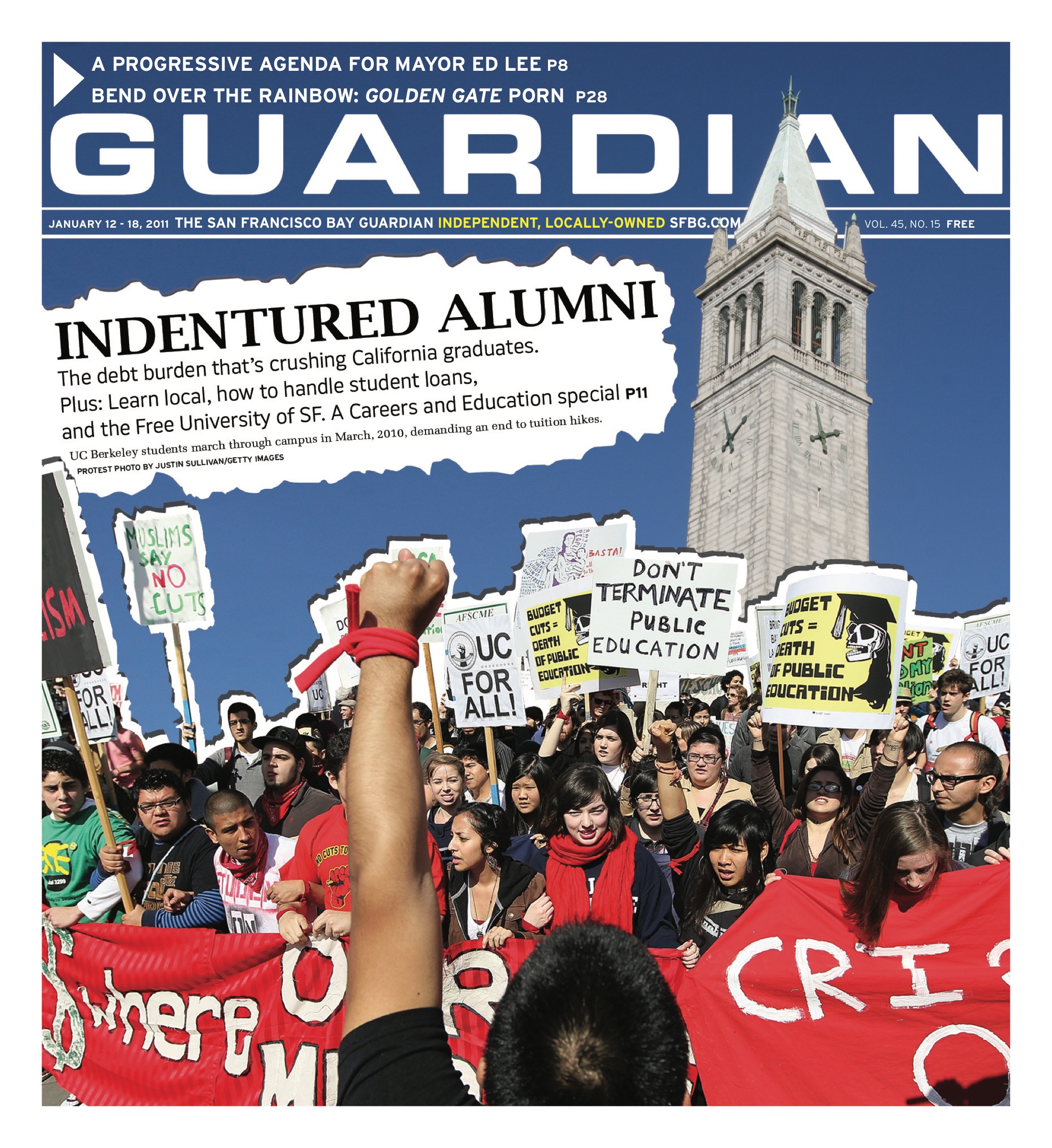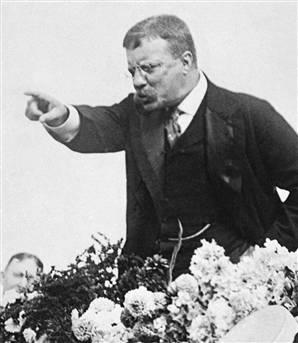Music listings are compiled by Cheryl Eddy. Since club life is unpredictable, it’s a good idea to call ahead to confirm bookings and hours. Prices are listed when provided to us. Submit items for the listings at listings@sfbg.com. For further information on how to submit items for the listings, see Picks.
WEDNESDAY 26
ROCK/BLUES/HIP-HOP
Alvon Biscuits and Blues. 8 and 10pm, $15.
Apopka Darkroom, Little Mercury, Brain on Fire Hemlock Tavern. 9pm, $6.
*Blowfly Yoshi’s San Francisco. 8pm, $20.
Domeshots, Kajillion, Ilona Staller Bottom of the Hill. 9pm, $8.
Grand National, Outlier Red Devil Lounge. 8pm, $6.
Handsome Family, Sean Rowe Café Du Nord. 8pm, $15.
Tanya Morgan, Big Pooh, Roc C 330 Ritch. 9pm.
Religious Girls, Actors, Thralls, Spiro Agnew Public Works, 161 Erie, SF; www.publicsf.com. 8pm, $5.
JAZZ/NEW MUSIC
Cat’s Corner with Christine and Nathan Savanna Jazz. 9pm, $10.
Dink Dink Dink, Gaucho, Michael Abraham Amnesia. 7pm, free.
Jazz Guys Revolution Café, 3248 22nd St, SF; (415) 642-0474. 8:30pm, free.
Ben Marcato and the Mondo Combo Top of the Mark. 7:30pm, $10.
Paula West and George Mesterhazy Quartet Rrazz Room. 8pm, $35.
FOLK/WORLD/COUNTRY
Jorge Drexler Mezzanine. 9pm, $32.50.
Victoria George, Tom Luce, Jeremy D’Antonio Hotel Utah. 8pm, $8.
DANCE CLUBS
Audio1 Underground SF. 10pm, $5.
Booty Call Q-Bar, 456 Castro, SF; www.bootycallwednesdays.com. 9pm. Juanita Moore hosts this dance party, featuring DJ Robot Hustle.
Cannonball Beauty Bar. 10pm, free. Rock, indie, and nu-disco with DJ White Mike and guest DJ Eli Glad.
Club Shutter Elbo Room. 10pm, $5. Goth with DJs Nako, Omar, and Justin.
Hands Down! Bar on Church. 9pm, free. With DJs Claksaarb, Mykill, and guests spinning indie, electro, house, and bangers.
Jam Fresh Wednesdays Vessel, 85 Campton, SF; (415) 433-8585. 9:30pm, free. With DJs Slick D, Chris Clouse, Rich Era, Don Lynch, and more spinning top40, mashups, hip hop, and remixes.
Mary-Go-Round Lookout, 3600 16th St, SF; (415) 431-0306. 10pm, $5. A weekly drag show with hosts Cookie Dough, Pollo Del Mar, and Suppositori Spelling.
Respect Wednesdays End Up. 10pm, $5. Rotating DJs Daddy Rolo, Young Fyah, Irie Dole, I-Vier, Sake One, Serg, and more spinning reggae, dancehall, roots, lovers rock, and mash ups.
Synchronize Il Pirata, 2007 16th St, SF; (415) 626-2626. 10pm, free. Psychedelic dance music with DJs Helios, Gatto Matto, Psy Lotus, Intergalactoid, and guests.
THURSDAY 27
ROCK/BLUES/HIP-HOP
George Clinton and Parliament Funkadelic Yoshi’s San Francisco. 8 and 10:30pm, $45.
“Finger Gunsapalooza” Stud. 9:30pm, $3. With Zoo, Moira Scar, Prizehog, Broads, and more.
Free Energy, Postelles, AB and the Sea Independent. 8pm, $14.
Kyro, Ben Fuller Band, Chelsea TK and the Tzigane Society Red Devil Lounge. 8pm, $6.
Phil Manley Amoeba, 1855 Haight, SF; www.amoeba.com. 6pm, free.
Moe. Fillmore. 7pm, $27.50.
JT Nero, Suzanne Vallie Amnesia. 9pm, $5.
*Pansy Division, Minks, Bad Backs Eagle. 9:30pm, $8.
Pebble Theory, Whitney Nichols, Kindness and Lies, Keely Valentino Café Du Nord. 8pm, $10.
Garrett Pierce, Miller Carr with Nico Georis Hemlock Tavern. 9pm, $6.
Suzanne Vega Palace of Fine Arts Theatre, 3301 Lyon, SF; www.palaceoffinearts.org. 8pm, $25-100.
Walking in Sunlight, New Heirlooms, Middle Maki, Hugo Hotel Utah. 7:30pm, $7.
JAZZ/NEW MUSIC
Steve Lucky and the Rhumba Bums Biscuits and Blues. 8 and 10pm, $20.
Savanna Jazz Trio and Jam Session Savanna Jazz. 7:30pm, $5.
Stompy Jones Top of the Mark. 7:30pm, $10.
Paula West and George Mesterhazy Quartet Rrazz Room. 8pm, $40.
FOLK/WORLD/COUNTRY
Bluegrass and Old-Time Jam Atlas Café. 8pm, free.
Elaine Romanelli with Josh Fox Union Room at Biscuits and Blues. 8:30 and 10pm, $10.
DANCE CLUBS
Afrolicious Elbo Room. 9:30pm, $10. DJs Pleasuremaker and Señor Oz spin Afrobeat, tropicália, electro, samba, and funk.
Caribbean Connection Little Baobab, 3388 19th St, SF; (415) 643-3558. 10pm, $3. DJ Stevie B and guests spin reggae, soca, zouk, reggaetón, and more.
Drop the Pressure Underground SF. 6-10pm, free. Electro, house, and datafunk highlight this weekly happy hour.
Gigantic Beauty Bar. 9pm, free. With DJs Eli Glad, Greg J, and White Mike spinning indie, rock, disco, and soul.
Good Foot Som., 2925 16th St, SF; (415) 558-8521. 10pm, free. With resident DJs Haylow, A-Ron, Prince Aries, Boogie Brown, Ammbush, plus food carts and community creativity.
Guilty Pleasures Gestalt, 3159 16th St, SF; (415) 560-0137. 9:30pm, free. DJ TophZilla, Rob Metal, DJ Stef, and Disco-D spin punk, metal, electro-funk, and 80s.
Jivin’ Dirty Disco Butter, 354 11th St., SF; (415) 863-5964. 8pm, free. With DJs spinning disco, funk, and classics.
Koko Puffs Koko Cocktails, 1060 Geary, SF; (415) 885-4788. 10pm, free. Dubby roots reggae and Jamaican funk from rotating DJs.
Mestiza Bollywood Café, 3376 19th St, SF; (415) 970-0362. 10pm, free. Showcasing progressive Latin and global beats with DJ Juan Data.
Peaches Skylark, 10pm, free. With an all female DJ line up featuring Deeandroid, Lady Fingaz, That Girl, and Umami spinning hip hop.
Popscene Loves the Smiths and Joy Division Rickshaw Stop. 10pm, $10. With live sets by This Charming Band and Dead Souls, plus DJs Aaron and Omar.
FRIDAY 28
ROCK/BLUES/HIP-HOP
“Blues at the Crossroads: Robert Johnson Centennial Concert” Regency Ballroom. 8pm, $33-50.50. With Big Head Todd and the Monsters, David “Honeyboy” Edwards, and more.
Con Brio Revolution Café, 3248 22nd St, SF; (415) 642-0474. 8:30pm, free.
Deerhoof, Ben Butler and Mousepad, Nervous Cop Great American Music Hall. 9pm, $16.
Darwin Deez, Fol Chen, Friends Hemlock Tavern. 9:30pm, $12.
Dopecharge, Rat Face, Desperate Hours, Mundo Muerto, Neighborhood Brats Kimo’s. 9:30pm, $7.
Ian Hunter Fillmore. 9pm, $35.
Monotonix, Ty Segall, Nodzzz Rickshaw Stop. 8:30pm, $12.
Robert Randolph and the Family Band Independent. 9pm, $25.
Rx Bandits, Fake Problems, Native Bottom of the Hill. 9pm, $17.
Thingers, Reptiel Make-Out Room. 7:30pm, $7.
Tip of the Top Sheba Lounge, 1419 Fillmore, SF; www.shebalounge.com. 9pm.
21st Century, Sloe, Roosevelt Radio Café Du Nord. 9pm, $12.
Walter Trout Biscuits and Blues. 8 and 10pm, $22.
Wallpaper, K. Flay, Dance Party Slim’s. 9pm, $19.
FOLK/WORLD/COUNTRY
Albino!, DJ Jeremiah Elbo Room. 10pm, $10.
Baxtalo Drom Amnesia. 9pm, $7-10.
Kitka and Milla Milojkovic with the Chicago Tamburasi Croatian American Cultural Center, 60 Onondaga, SF; www.croatianamericanweb.org. 8pm, $20.
Aaron Novik Red Poppy Art House. 8pm, $10-15.
Chuchito Valdes Peña Pachamama, 1630 Powell, SF; (415) 646-0018. 10pm, $25-45.
JAZZ/NEW MUSIC
Black Market Jazz Orchestra Top of the Mark. 9pm, $10.
*Royal Crown Revue Yoshi’s San Francisco. 8pm, $20.
Marlena Teich Savanna Jazz. 7:30pm, $8.
Paula West and George Mesterhazy Quartet Rrazz Room. 8pm, $45.
DANCE CLUBS
DJ Nik Medjool, 2522 Mission, SF; www.medjoolsf.com. 10:30pm, $10.
Duniya Dancehall Blue Macaw, 2565 Mission, SF; (415) 920-0577. 10pm, $10. With live performances by Duniya Drum and Dance Co. and DJs dub Snakr and Juan Data spinning bhangra, bollywood, dancehall, African, and more.
Exhale, Fridays Project One Gallery, 251 Rhode Island, SF; (415) 465-2129. 5pm, $5. Happy hour with art, fine food, and music with Vin Sol, King Most, DJ Centipede, and Shane King.
Fat Stack Fridays Koko Cocktails, 1060 Geary, SF; (415) 885-4788. 10pm, free. With rotating DJs B-Cause, Vinnie Esparza, Mr. Robinson, Toph One, and Slopoke.
Fubar Fridays Butter, 354 11th St., SF; (415) 863-5964. 6pm, $5. With DJs spinning retro mashup remixes.
Good Life Fridays Apartment 24, 440 Broadway, SF; (415) 989-3434. 10pm, $10. With DJ Brian spinning hip hop, mashups, and top 40.
Hot Chocolate Milk. 9pm, $5. With DJs Big Fat Frog, Chardmo, DuseRock, and more spinning old and new school funk.
Lovetech + Slayers Club Two Year Anniversary Party Public Works, 161 Erie, SF; www.publicsf.com. 9pm. With Mochipet, Flying Skulls, Slayers Club, and more.
Meat vs. Death Guild DNA Lounge. 9:30pm, $4-8. Industrial, gothic, and more with Decay, BaconMonkey, Joe Radio, Netik, and Melting Girl.
Psychedelic Radio Club Six. 9pm, $7. With DJs Kial, Tom No Thing, Megalodon, and Zapruderpedro spinning dubstep, reggae, and electro.
Rockabilly Fridays Jay N Bee Club, 2736 20th St, SF; (415) 824-4190. 9pm, free. With DJs Rockin’ Raul, Oakie Oran, Sergio Iglesias, and Tanoa “Samoa Boy” spinning 50s and 60s Doo Wop, Rockabilly, Bop, Jive, and more.
Some Thing Stud. 10pm, $7. VivvyAnne Forevermore, Glamamore, and DJ Down-E give you fierce drag shows and afterhours dancing.
Toxic Avenger, Autoerotique, Girls N Boomboxes Mezzanine. 9pm, $25.
*True Skool 1015 Folsom. 10pm, $30. Celebrating 12 years of true hip-hop music with Black Thought of the Legendary Roots Crew, DJ J. Perios, Zumbi of Zion I with DJ Vinroc, and more.
Vintage Orson, 508 Fourth St, SF; (415) 777-1508. 5:30-11pm, free. DJ TophOne and guest spin jazzy beats for cocktalians.
SATURDAY 29
ROCK/BLUES/HIP-HOP
ALO Fillmore. 9pm, $22.50.
Burnt, Synrgy, Santos Perdidos El Rio. 9pm, $5.
George Clinton and Parliament Funkadelic Yoshi’s San Francisco. 8 and 10:30pm, $45.
Get Up Kids, Steel Train, River City Extension Slim’s. 8:30pm, $25.
Hot Toddies, Attachments, Scrabbel Rickshaw Stop. 8:30pm, $10.
Michael Landau Union Room at Biscuits and Blues. 8:30 and 10:30pm, $5.
Mazer, Hyde Street Band El Rio. 6pm, free.
Robert Randolph and the Family Band Independent. 9pm, $25.
Rx Bandits, Fake Problems, Native Bottom of the Hill. 9pm, $17.
Spanish Bombs, Chuck Prophet and Chris Von Sneidern Great American Music Hall. 9pm, $17.
Weekend, Terry Malts, Speculator Hemlock Tavern. 9:30pm, $10.
JAZZ/NEW MUSIC
Feldman Webern Jones San Francisco Conservatory of Music Concert Hall, 50 Oak, SF; www.sfsound.org. 8pm, $15.
Linda Kost Savanna Jazz. 7:30pm, $8.
Bill Ortiz Biscuits and Blues. 8 and 10pm, $20.
Chuchito Valdes Peña Pachamama, 1630 Powell, SF; (415) 646-0018. 10pm, $25-45.
Paula West and George Mesterhazy Quartet Rrazz Room. 8pm, $45.
Zoyres Revolution Café, 3248 22nd St, SF; (415) 642-0474. 8:45pm, free.
FOLK/WORLD/COUNTRY
La Gente Red Poppy Art House. 8pm, $15.
Craig Ventresco and Meredith Axelrod Atlas Café. 4pm, free.
DANCE CLUBS
Big Top Club Eight, 1151 Folsom, SF; www.eightsf.com. 9pm, $5. Nicki Minaj tribute night with DJs Heklina and Josh Sparber.
Boston Beat Anu, 46 Sixth St, SF; www.anu-bar.com. 10pm, free. House, techno, and trance with Doppelganger, Tari, ndK, and David West.
Dance Party Project One Gallery, 251 Rhode Island, SF; www.p1sf.com. 11pm. With Orange Drink Music’s Chicago house chiptunes and more.
DJ Dtek Medjool, 2522 Mission, SF; www.medjoolsf.com. 10:30pm, $10.
Industry Turns Five! Mighty. 10pm, $30. With DJ Tony Moran, Jamie J. Sanchez, and Luke Johnstone.
120 Minutes Elbo Room. 10pm, $5-8. With Gatekeeper, oOoOO, Whitch, Nako, Robert Disaro, and Sara Toon.
Pop Roxx DNA Lounge. 9pm, $5-10. With a live performance by My First Earthquake, plus DJ sets by KidHack, Aaron, Mitch, and Starr.
Rock City Butter, 354 11th St., SF; (415) 863-5964. 6pm, $5 after 10pm. With DJs spinning party rock.
Spirit Fingers Sessions 330 Ritch. 9pm, free. With DJ Morse Code and live guest performances.
SUNDAY 30
ROCK/BLUES/HIP-HOP
Blows, Sonny and the Sunsets Great American Music Hall. 8pm, $15.
Bonjay, Casy and Brian, Ghosts on Tape, Lurv Rickshaw Stop. 8pm, $7.
Daniel Lanois’ Black Dub Independent. 8pm, $27.
44s Biscuits and Blues. 8 and 10pm, $15.
Get Up Kids, Steel Train, River City Extension Bottom of the Hill. 8pm, $25.
Glitter Weekend, Smoke and Feathers, Lecherous Gaze Hemlock Tavern. 9pm, $6.
Jerry Lawson and Talk of the Town Yoshi’s San Francisco. 7pm, $30.
Underoath, Thursday, A Skylit Drive, Animals as Leaders Regency Ballroom. 7:30pm, $22.
JAZZ/NEW MUSIC
John Santos, Larry Vuckovich Bliss Bar, 4026 24th St, SF; www.blissbarsf.com. 4:30pm, $10.
Savannah Jazz Trio and Jam Session Savanna Jazz. 7:30pm, $5.
Paula West and George Mesterhazy Quartet Rrazz Room. 7pm, $40.
FOLK/WORLD/COUNTRY
Go Van Gogh Revolution Café, 3248 22nd St, SF; (415) 642-0474. 8:45pm, free.
Andre Thierry and Zydeco Magic Knockout. 3pm, $5.
DANCE CLUBS
DiscoFunk Mashups Cat Club. 10pm, free. House and 70’s music.
Dub Mission Elbo Room. 9pm, $6. Dub, roots, and classic dancehall with DJs Sep, Ludachris, and guest DJ Theory.
Gloss Sundays Trigger, 2344 Market, SF; (415) 551-CLUB. 7pm. With DJ Hawthorne spinning house, funk, soul, retro, and disco.
Honey Soundsystem Paradise Lounge. 8pm-2am. “Dance floor for dancers – sound system for lovers.” Got that?
Kick It Bar on Church. 9pm. Hip-hop with DJ Zax.
Religion Bar on Church. 3pm. With DJ Nikita.
Superbad Sundays Koko Cocktails, 1060 Geary, SF; (415) 885-4788. 10pm, free. With DJs Slopoke, Booker D, and guests spinning blues, oldies, southern soul, and funky 45s.
Swing Out Sundays Rock-It Room. 7pm, free (dance lessons $15). DJ BeBop Burnie spins 20s through 50s swing, jive, and more.
MONDAY 31
ROCK/BLUES/HIP-HOP
Against Me!, Cheap Girls, Fences Slim’s. 8pm, $16.
Arctic Flowers, Face the Rail, Livid, Hooray for Everything Knockout. 9:30pm, $6.
Kacey Johansing, Bird by Bird, Sean Smith, Revenge of Light Wilderness Elbo Room. 9pm, $5.
*Tift Merritt and Simone Dinnerstein Yoshi’s San Francisco. 8pm, $30.
JAZZ/NEW MUSIC
Lavay Smith Swinget with Jules Broussard Enrico’s, 504 Broadway, SF; (415) 982-6223. 7pm, free.
DANCE CLUBS
Black Gold Koko Cocktails, 1060 Geary, SF; (415) 885-4788. 10pm-2am, free. Senator Soul spins Detroit soul, Motown, New Orleans R&B, and more — all on 45!
Death Guild DNA Lounge. 9:30pm, $3-5. Gothic, industrial, and synthpop with Joe Radio, Decay, and Melting Girl.
Krazy Mondays Beauty Bar. 10pm, free. With DJs Ant-1, $ir-Tipp, Ruby Red I, Lo, and Gelo spinning hip hop.
M.O.M. Madrone Art Bar. 6pm, free. With DJ Gordo Cabeza and guests playing all Motown every Monday.
Manic Mondays Bar on Church. 9pm. Drink 80-cent cosmos with Djs Mark Andrus and Dangerous Dan.
Network Mondays Azul Lounge, One Tillman Pl, SF; www.inhousetalent.com. 9pm, $5. Hip-hop, R&B, and spoken word open mic, plus featured performers. Skylarking Skylark. 10pm, free. With resident DJs I & I Vibration, Beatnok, and Mr. Lucky and weekly guest DJs. TUESDAY 1 ROCK/BLUES/HIP-HOP Against Me!, Cheap Girls, Fences Slim’s. 8pm, $16. Guverment, Curse of Panties, Broken Cities Elbo Room. 9pm, $6. Lotus Moons, Electric Shepherd, These Hills of Gold Bottom of the Hill. 9pm, $8. Michael Rose, Mysic Roots Band, cvDub Independent. 9pm, $25. Wobbly, Blanketship, Teenage Sweater Hemlock Tavern. 9pm, $7. JAZZ/NEW MUSIC Ricardo Scales Top of the Mark. 6:30pm, $5. DANCE CLUBS Eclectic Company Skylark, 9pm, free. DJs Tones and Jaybee spin old school hip hop, bass, dub, glitch, and electro. Extra Classic DJ Night Little Baobab, 3388 19th St, SF; www.bissapbaobab.com. 10pm. Dub, roots, rockers, and reggae from the 60s, 70s, and 80s. Share the Love Trigger, 2344 Market, SF; (415) 551-CLUB. 5pm, free. With DJ Pam Hubbuck spinning house. Womanizer Bar on Church. 9pm. With DJ Nuxx

